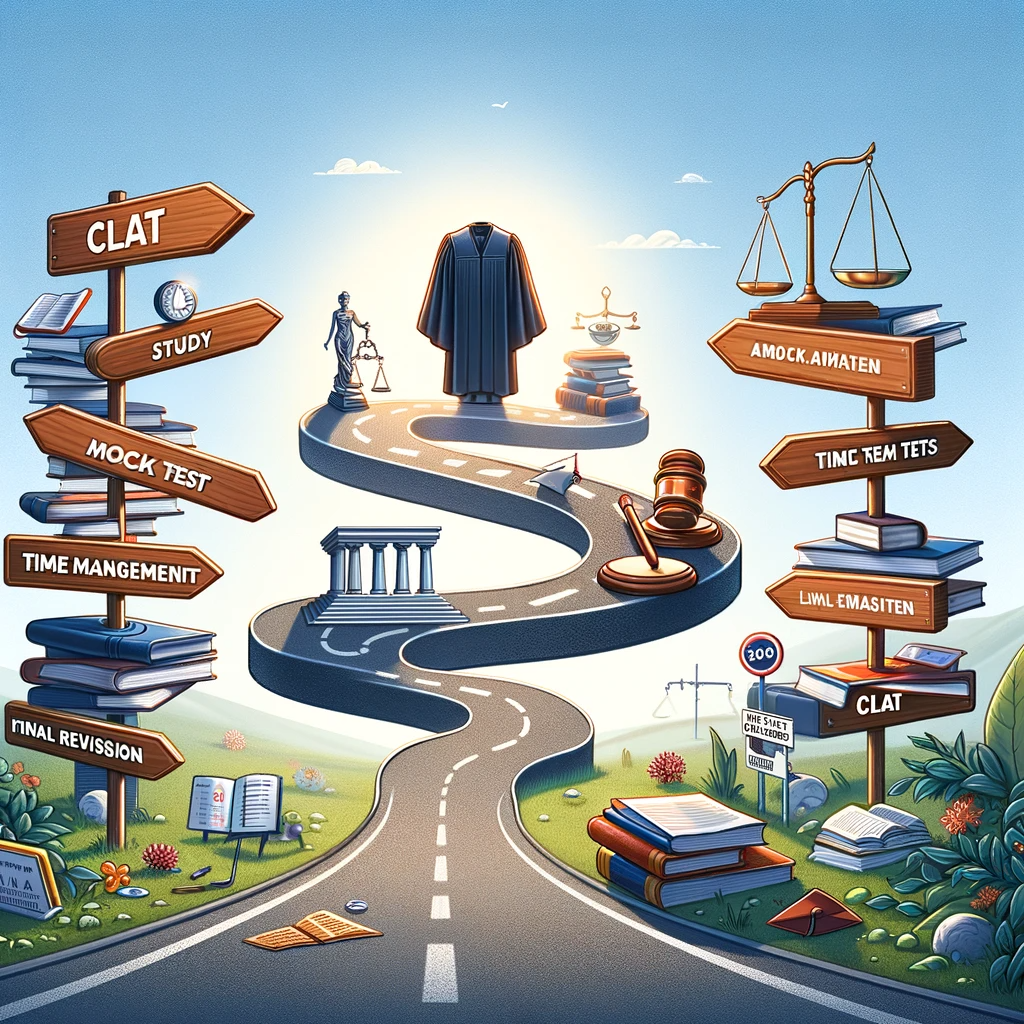Hate speech is a contentious issue that has garnered significant attention within the legal landscape of India. It refers to any form of communication, whether oral, written, or symbolic, that promotes hatred, discrimination, or violence against individuals or groups based on attributes such as their race, religion, ethnicity, gender, or nationality. The implications of hate speech are far-reaching and extend beyond mere expression; they can incite violence, disrupt social harmony, and pose a significant threat to the nation’s unity and integrity.
In India, the right to freedom of speech and expression is enshrined in the Constitution under Article 19(1)(a). However, this right is not absolute and is subject to reasonable restrictions, including public order, morality, and the interests of sovereignty and integrity of India. To strike a balance between the protection of free speech and the prevention of hate speech, India has enacted various legal provisions and regulations.
One of the primary legislations addressing hate speech in India is Section 153A and Section 295A of the Indian Penal Code (IPC). Section 153A deals with promoting enmity between different groups on grounds of religion, race, place of birth, residence, language, etc., while Section 295A deals with deliberate and malicious acts intended to outrage religious feelings of any class by insulting their religion or religious beliefs. Violation of these sections can result in criminal prosecution.
Additionally, the Information Technology Act, 2000, contains provisions that address hate speech in the digital domain. Section 66A of the Act, which criminalized the sending of offensive messages through communication services, was struck down by the Supreme Court in 2015 for being vague and overbroad. However, Section 69A of the same Act allows the government to block online content that it deems prejudicial to national security, public order, or decency.
The legal reasoning surrounding hate speech in India involves a delicate balance between safeguarding the fundamental right to free speech and expression and protecting the nation’s social fabric and communal harmony. Courts in India have played a pivotal role in interpreting and applying these laws, often relying on a contextual analysis to determine whether a particular expression qualifies as hate speech. Furthermore, they have stressed the importance of proportionality, ensuring that restrictions on free speech are reasonable and necessary in a democratic society.
In conclusion, hate speech in India is a complex legal issue that necessitates a judicious balance between the right to free speech and the imperative to maintain social cohesion and harmony. The legal framework in India seeks to address this issue by criminalizing hate speech while respecting the principles of proportionality and reasonableness. Legal reasoning in this context involves a careful examination of the facts and circumstances surrounding each case to ensure that the legal response is just and in line with constitutional values.
Question 1: Situation: A public figure made a controversial statement about a religious community during a public speech. This statement led to protests and a potential threat to public order. Which legal provision can be invoked to address this situation?
A) Section 153A of the Indian Penal Code (IPC)
B) Section 295A of the IPC
C) Section 66A of the Information Technology Act
D) Section 69A of the Information Technology Act
Question 2: Situation: A social media post criticized a religious leader, leading to communal tension in a region. However, the post did not contain any explicit hate speech. Which of the following legal principles should be applied in this case?
A) The principle of proportionality
B) The principle of strict liability
C) The principle of absolute freedom of speech
D) The principle of reasonable restrictions
Question 3: Situation: An individual made derogatory remarks about a particular caste, but these remarks were made in a private gathering and did not lead to any public unrest. Can this individual be prosecuted for hate speech under Indian law?
A) Yes, under Section 153A of the IPC
B) Yes, under Section 295A of the IPC
C) No, as it did not lead to public unrest
D) No, because it was said in a private gathering
Question 4: Situation: An online forum contains multiple posts criticizing government policies, but none of them promote hatred or violence against any group. The government decides to block this forum. Which legal provision allows the government to take this action?
A) Section 66A of the Information Technology Act
B) Section 295A of the IPC
C) Section 69A of the Information Technology Act
D) Section 153A of the IPC
Question 5: Situation: A political leader made inflammatory remarks against a rival party, but these remarks did not target any specific religious or ethnic group. Can these remarks be considered hate speech under Indian law?
A) Yes, under Section 66A of the Information Technology Act
B) Yes, under Section 153A of the IPC
C) No, as they did not target a specific group
D) No, because they were made by a political leader
Question 6: Situation: A book criticizes certain religious beliefs and practices, causing controversy. People from the criticized religion demand a ban on the book, citing that it hurts their religious feelings. Which legal provision can be invoked in this situation?
A) Section 295A of the IPC
B) Section 153A of the IPC
C) Freedom of Expression under Article 19(1)(a) of the Indian Constitution
D) Section 66A of the Information Technology Act
Answers:
- B) Section 295A of the IPC
- D) The principle of reasonable restrictions
- C) No, as it did not lead to public unrest
- C) Section 69A of the Information Technology Act
- C) No, as they did not target a specific group
- A) Section 295A of the IPC
Get best resources for CLAT 2025 exam here.
Do join the whatsapp group to stay updated.
